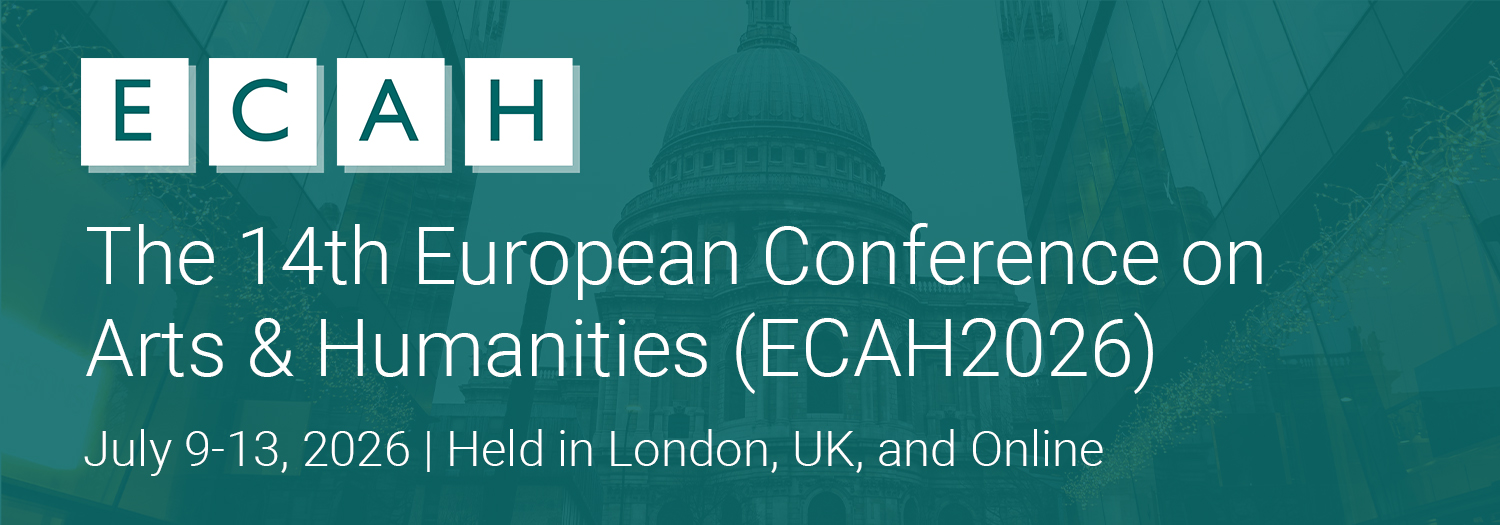Presentation Schedule

Teaching Problem-solving and Programming in Jamaican Secondary Schools Using Culturally Relevant CS Unplugged Activities (95985)
Friday, 11 July 2025 15:45
Session: ECE Poster Session
Room: SOAS, Brunei Suite (Ground Floor)
Presentation Type:Poster Presentation
With the evolution of technology, problem solving and programming have been identified as significant skills for the 21st century and beyond. Teaching programming helps students develop logical reasoning, problem-solving skills, and computational thinking that are essential for academic success and future professional endeavours (Almdahem, 2024; Sarro et al., 2024). Despite the benefits of programming education, several challenges impede effective implementation in secondary schools. Studies show that many students perceive programming as a difficult subject due to limited instructional time and conceptual complexities, which can adversely affect their engagement and understanding (Almdahem, 2024). Reports from the Caribbean Examination Council (CXC), for the Information Technology examination, stated that some students displayed a lack of understanding of key concepts in programming (CXC Subject Report, 2018). There is also a lack of technological resources in some developing states while there has been a recent drive to decrease the “screen time” of students in some countries. The CS (Computer Science) Unplugged approach, which focuses on teaching computer science concepts through interactive, non-digital activities, has garnered considerable attention in recent years. Unplugged activities can demystify abstract computer science concepts through kinaesthetic learning experiences (Battal et al., 2021). Consequently, the emphasis on physical manipulation and collaborative problem-solving can lead to a greater understanding of computational ideas (Poulakis and Politis, 2020). These attributes of the CS Unplugged approach will be integrated with cultural elements (such as music and dance), to design appropriate activities, that will be used in the Jamaican classroom. This is a qualitative design-based research.
Authors:
Camille Berry, University of the West Indies, Jamaica
About the Presenter(s)
Ms. Camille Berry, Assistant Lecturer, Information Technology and Computer Science, STEM/STEAM/STREAM Education; STEM Education in Secondary Schools - Teachers' Methods/Strategies and Students' Perspectives.
Connect on Linkedin
https://www.linkedin.com/in/camille-berry-0b06a461/
See this presentation on the full schedule – Friday Schedule





Comments
Powered by WP LinkPress